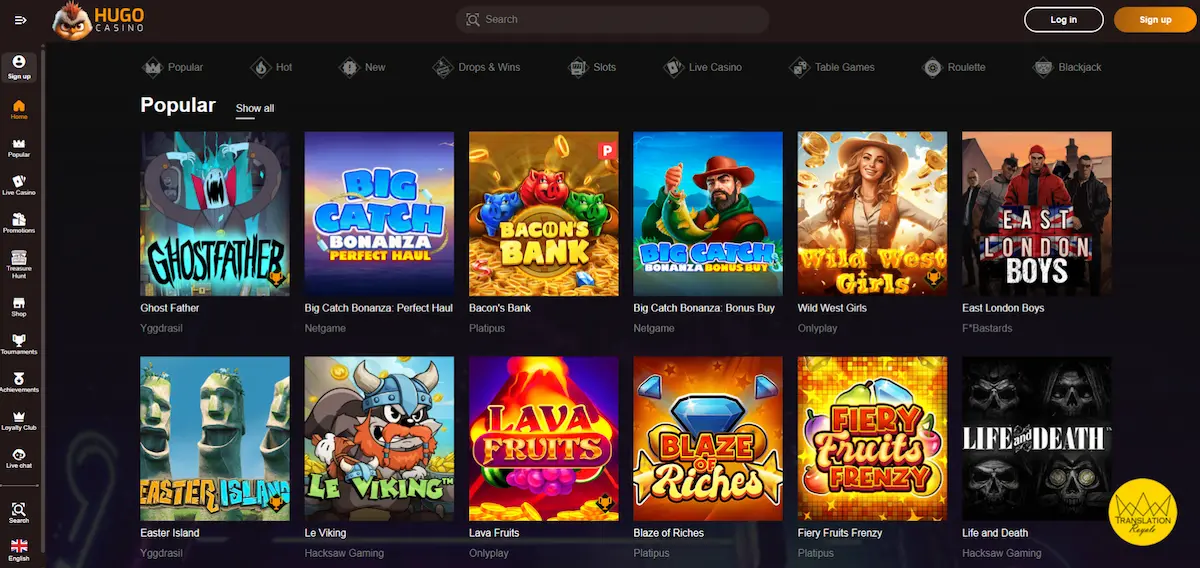Curacao's Licensing Reform: What It Means for Operators and Players
Before the new Landsverordening op de kansspelen (LOK) or National Ordinance on Games of Chance went into effect in December 2024, Curacao’s gambling industry was regulated under the National Ordinance Offshore Games of Hazard (NOOGH). Overseen by the Gaming Control Board (GCB), the previous regulatory regime used the Curacao master license vs sublicense system, where only four companies with a master license had the permission to issue sublicenses to other operators.
Implications for Operators
With the current reforms under LOK, the Government of Curacao is phasing out the old regulatory framework, allowing operators to obtain gaming licences directly from the Curacao Gaming Authority. The master/sublicense model is no longer applicable, meaning that licensed online casinos can operate independently with their licences.
Moreover, the new laws have introduced stringent Curacao eGaming license requirements and compliance obligations, including stricter know-your-customer (KYC) procedures and anti-money laundering (AML) guidelines. Curacao-licensed casinos must also comply with responsible gambling policies to protect players, including providing deposit limits and self-exclusion schemes. Overall, the new regulatory system addresses most of the challenges associated with the previous regime.
Implications for Players
Curacao’s licensing overhaul has had a significant impact on the experience of gamblers at casinos licensed in the country. With stricter rules for operators to follow, both land-based and online players can expect a safer gaming environment with fair games, accountability, and increased transparency.
Additionally, players with Curacao casino complaints can easily report to the CGA for legal action. However, some online gamblers may experience service interruptions as they wait for the new regulatory framework to become fully operational and operators to apply for and obtain new licences from the CGA.





